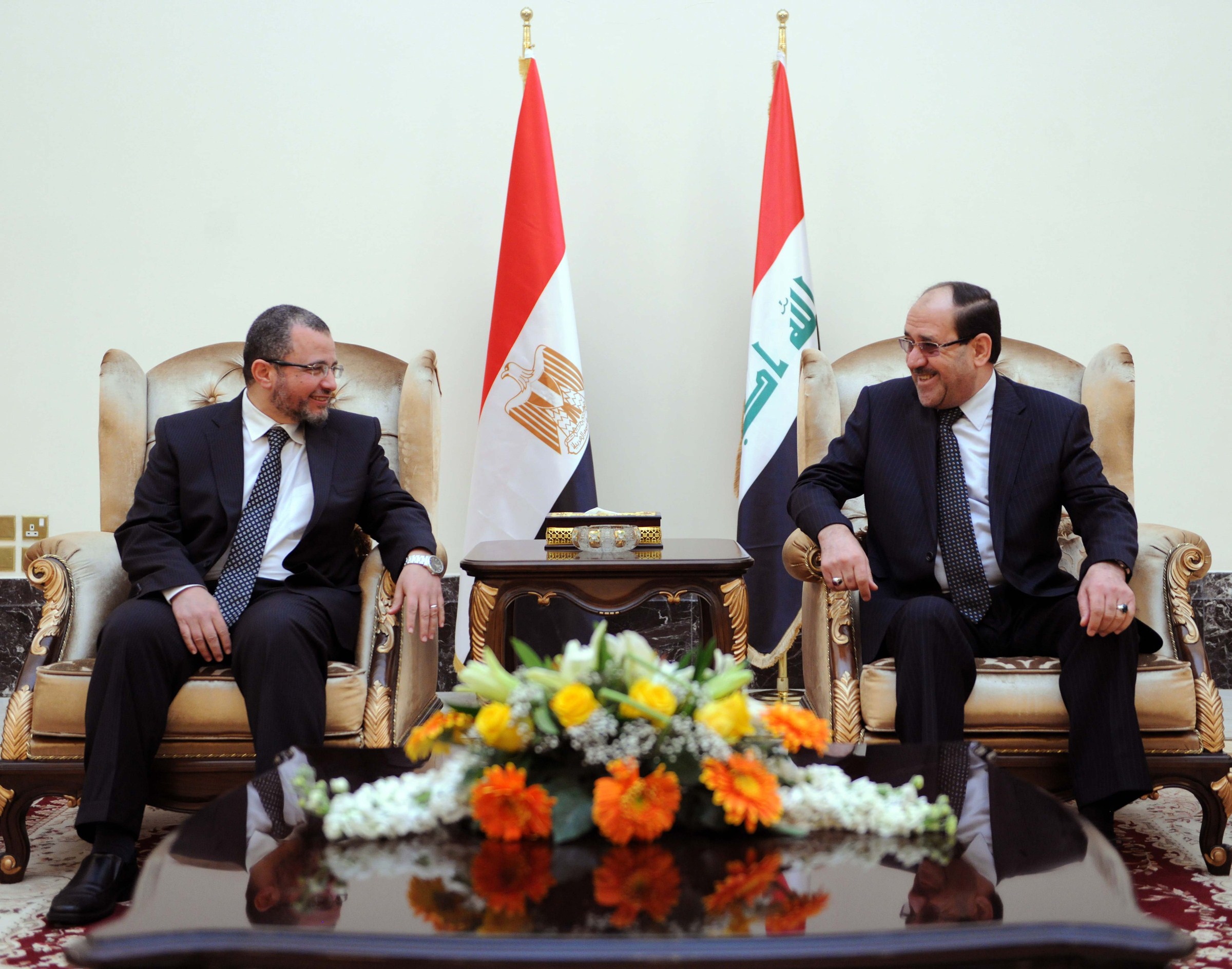The government aims to attract investments worth $20bn to implement the goals of Egypt’s 2030 vision, such as increasing GDP to 7%, according to Ashraf Ghazal, the Ministry of Planning’s adviser for follow-up and administrative reform.
During an economic conference held in Cairo, Ghazal explained that the government’s plan aims to depend mainly on the private sector in terms of funding infrastructure investments.
He added that the mechanism used to stimulate investment in the private sector include establishing the sovereign fund “Amlak”, with a capital of $5bn, in addition to the fund’s assets worth $5bn to $10bn.
Ghazal revealed that the fund aims to attract investments worth $50bn from the private sector during the first phase of its activation.
He noted that the Ministry of Planning and the National Investment Bank (NIB) are working to coordinate with one of the financial consulting firms specialised in the establishment of sovereign funds to develop a general vision for the “Amlak” fund.
The draft of the fund’s bylaw is expected to be completed within four months, followed by its presentation to parliament in order for it to be discussed.
He expects the fund’s work to begin in 2017, after finalising the legislative and regulatory framework, and it will be subjected to state authority oversight.
He explained that the philosophy of the fund’s work is based on making development goals a priority and then the return on investment (ROI), where it will contribute with 10-20% ratios in the new projects to encourage private sector investment.
He pointed out that the fund also aims to invest in government assets, which includes good growth opportunities, such as the case with FIHC.
Minister of Supply and Internal Trade Khaled Hanafi said during the conference that the ministry has received requests from foreign and Egyptian investors to inject EGP 5.3bn investments into the construction of a commercial stores chain.
He pointed out that these investments will come from Saudi Arabia, the UAE, Bahrain, Kuwait, and the US as well as the local market.
“The ministry will begin its trial to tie the commercial chains system with a network of suppliers in coordination with Microsoft and Visa companies within three to four months; the actual work will begin in a year’s time,” Hanafi said.
He added that the cost of establishing this electronic system is EGP 500m, and it aims to provide updated data of the prices, as well as reduce trading liquidity, and provide opportunities to create new logistical areas.
Hanafi revealed that his ministry is studying two scenarios for a capital increase for FIHC in the Egyptian Exchange (EGX).
Consultancy firm PWC was assigned to study both scenarios. The legal studies are expected to be completed in six months, as well as the offering decision.
He said that the first scenario depends on amending Law No. 203 that regulates the work of the business sector’s companies to allow offering FIHC and use the funds from the offering in financing the company’s expansions.
The second scenario is to offer a number of companies affiliated with the FIHC in the EGX directly instead of offering the holding companies, which does not require legislative amendments, according to the minister.
In another context, the minister said that the ministry has finished the establishment of 350 shops in the Gameiti project, with the aim of establishing 14,000 small shops. The project aims to give the chance to three to four young people to work in each of these shops, allowing for 50,000–60,000 young people benefit from it.
Minister of Investment Dalia Khorshid said during the conference that the government is targeting to implement a programme for public offerings in the EGX in three to five years, in coordination with investment banks.
She added that attracting financing for the government from investment institutions requires that the government achieve success in settling disputes, which the ministry is working on, in coordination with the Investment Dispute Settlement Committee, through collecting similar disputes and studying suitable solutions for them.



